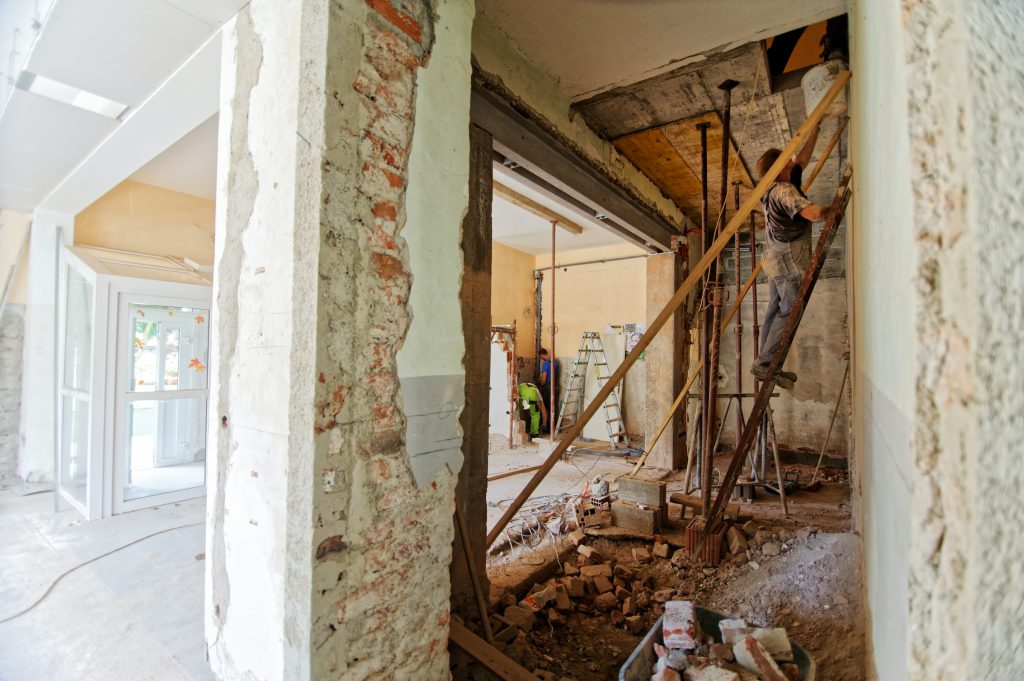Embarking on a home renovation or construction project is an exciting venture. However, when it comes to settling the bill, it’s crucial to ensure that the work is up to your expectations. Paying your contractor without thorough checks can lead to complications, especially if the job isn’t completed to your satisfaction.

Why you shouldn’t rush the payment
It’s a common scenario: the project is nearing its end, and your contractor presents the final bill. While it might be tempting to settle the payment and move on, doing so without a thorough inspection can be a mistake. If you pay the entire amount without addressing any concerns, you might inadvertently signal your approval of the work. This can make it challenging to raise issues or seek corrections later on.
Communication is key
If you notice that the work isn’t up to the mark or there are pending tasks, it’s essential to communicate with your contractor. Always have a record of your communication, such as an email detailing your concerns. This not only serves as a reminder for the contractor but also provides you with evidence should any disputes arise.
If your contractor doesn’t respond to your initial communication, consider sending a registered letter. This formal approach ensures that your concerns are documented and emphasizes the seriousness of the matter.
Settling the undisputed amount
While it’s essential to hold back payment for unsatisfactory work, it’s equally important to show goodwill. If a portion of the job meets your expectations, consider paying that amount. This gesture demonstrates your intention to settle the bill once all concerns are addressed.
To determine the amount to pay, assess the value of the completed work versus the pending tasks. It’s advisable to set aside the disputed amount rather than transferring it to the contractor. Paying the entire bill might lead to complacency, and the contractor might not prioritize the pending tasks.
Protecting your interests
Home renovation and construction projects are significant investments. As a homeowner, it’s your right to ensure that you get value for your money. Here are some additional tips to protect your interests:
Document everything
From the initial contract to email exchanges, ensure that you have a record of all communications and agreements. This documentation can be invaluable in case of disputes.
Seek expert advice
If you’re unsure about the quality of work, consider getting a second opinion. An independent expert can assess the job and provide feedback.
Know your rights
Familiarize yourself with local regulations and consumer rights related to construction and renovation projects. This knowledge can empower you during negotiations.
Consider mediation
If you and your contractor can’t reach an agreement, consider mediation. A neutral third party can help both sides come to a resolution.
Conclusion
While it’s natural to want to wrap up a project and settle all dues, it’s crucial to ensure that the work meets your expectations. By communicating effectively, documenting everything, and knowing your rights, you can ensure a successful project outcome and protect your investment.

 Open Immovlan
Open Immovlan